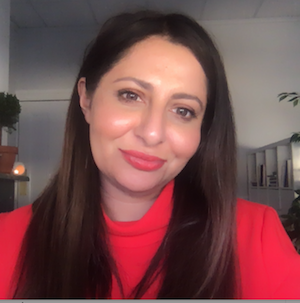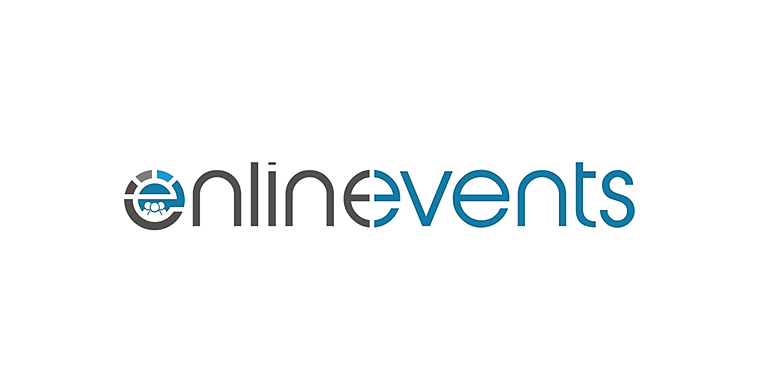Have you ever signed up for something you didn’t truly need, only to realise moments after that it wasn’t quite right? And then felt that lingering sense that, as an adult, you “should have known better”? For many neurodivergent individuals, being drawn into an agreement under excitement or pressure can be an all-too-common experience—one that current contract terms don’t always protect against.
Join Yasmin Shaheen-Zaffar and John Wilson for an enlightening one-hour conversation as they discuss the critical need for fairer business practices for those with hidden disabilities. Together, they’ll explore how a mandatory cooling-off period could prevent hasty decisions and foster a more inclusive environment for everyone. Through this engaging dialogue, you’ll gain a deeper understanding of the movement, learn about the petition, and discover practical steps you can take to champion contract fairness in business.
Learning Objective Participants Can Expect From This Event
- Understand the Impact of Hidden Disabilities on Business Contracts: Gain insight into how current contract practices can unintentionally disadvantage individuals with hidden disabilities, and why fair contract terms are essential for inclusivity.
- Explore the Role of a Cooling-Off Period in Business Agreements: Learn how a mandatory cooling-off period can provide a necessary safeguard for neurodivergent and disabled professionals, enabling them to make fully informed decisions.
- Identify Ways to Advocate for Inclusive Business Practices: Discover actionable steps to support and promote fair contract policies within the business community, including how to get involved with the cooling-off movement and petition.
Who is This Workshop Appropriate For?
- Neurodivergent professionals seeking insights into fairer business practices and contract protections.
- Business owners and managers aiming to create more inclusive and transparent agreements for individuals with hidden disabilities.
- Advocates and allies for neurodivergent rights interested in supporting policies that foster fairness in business contracts.
- HR and legal professionals looking to broaden their understanding of inclusive practices for neurodivergent individuals.
- Anyone passionate about social justice and inclusivity who wants to learn how to contribute to a more equitable business environment for hidden disabilities.
How May This Workshop Impact Your Practice?
- This workshop aims to empower participants to approach contracts and agreements with a new level of awareness and consideration for neurodivergent needs. By exploring the concept of a mandatory cooling-off period, participants will gain practical strategies for fostering more inclusive and fair business practices. Business owners and managers can apply these insights to create contract terms that are considerate and supportive of individuals with hidden disabilities. Neurodivergent professionals may leave with a stronger sense of advocacy for their needs in professional agreements, enabling them to make more informed decisions. Additionally, advocates, HR, and legal professionals will gain tools to influence policy and practice changes that prioritise equity and understanding, making their organisations more accessible and inclusive.
Course Content
Presenter

A creative counsellor with a late diagnosis of Dyslexia, ADHD, and Dyspraxia, I assist individuals, families and teens with ADHD in developing self-advocacy and emotional regulation skills using my Polyvagal Teen® resources and programs.
With the exponential increase in ADHD diagnosis I often ponder, – is society’s neoliberalism capitalistic expectations a contributor to this “disorder”? I dont have the answers but through these conversations I have created space for discussions. My diagnosis has given me the confidence to speak out against societal norms that do not cater to my brain’s functionality and embrace my creativity.
Through my lived experience, especially with education and research on trauma’s impact on gene expression and epigenetics, I will share with you why I believe my childhood and intergenerational trauma has contributed to my differences, and how my labels validate my experience.


